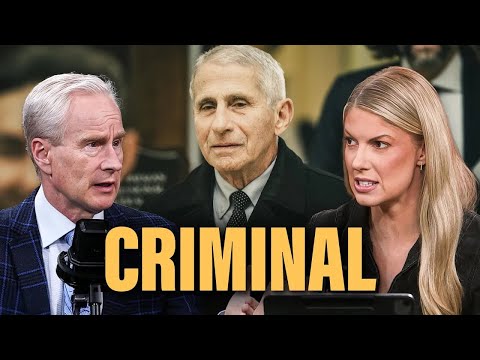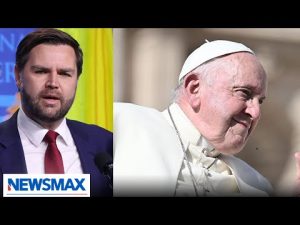**The United States Takes a Bold Step Away from the WHO**
In a move that reverberated across the global health landscape, the United States recently withdrew from the World Health Organization (WHO). This decision marks one of the first actions of the new presidential administration and has sparked various discussions about what this means for American health policies and global health management. Sure, the WHO has been around since 1948, attempting to tackle public health crises worldwide, but many believe that it’s time for a fresh approach. Amid the controversy, experts are weighing in on the potential implications of this separation.
Dr. Peter Mulla, a distinguished cardiologist and the chief scientific officer of a wellness company, has long been an advocate for this move. He describes the WHO as a “money pit” that has consumed billions of taxpayer dollars without delivering sufficient returns. By severing ties, Dr. Mulla suggests the U.S. will regain control over its health policies, as it will no longer be constrained by international laws that dictate responses to health emergencies. Imagine a student finally breaking free from a group project that had gone way off track—it’s sort of like that relief, only the stakes are higher.
One intriguing aspect of this withdrawal is the concept of independence and innovation in pandemic responses. If the U.S. had operated independently during COVID-19, the outcomes could have looked very different. Dr. Mulla speculates that a lack of WHO influence may have fostered diverse strategies and solutions, distanced from the one-size-fits-all approach dictated by a global authority. It makes one wonder if the U.S. could have been a leader in creative health solutions, free from the confines of WHO protocols. Perhaps it’s time for America to write its own health playbook.
The WHO did not take the U.S. withdrawal lightly, responding with a significant budget cut of approximately 20%. With heartfelt pleas for the U.S. to reconsider its stance, the WHO expressed concern over the damage this exit could do to its resources and its overall mission. It’s akin to a school principal hoping a popular student won’t transfer to a rival school—they know the difference it could make. The WHO has openly stated its desire to enhance accountability and cost-effectiveness, but it raises the question: is it too little, too late?
As this political saga unfolds, one must look at the upcoming nomination of Robert F. Kennedy Jr. as Secretary of Health and Human Services. With his platform focused on promoting transparency and public health accountability, Kennedy is emerging as a uniting figure for those frustrated by traditional medical narratives. Should he be confirmed, his focus on addressing unpopular vaccine mandates and exposing potential misconduct could usher in a new era of reform in American healthcare. After all, if RFK Jr. can rally the troops and reshape the national conversation about health, the WHO may find itself struggling to stay relevant amidst the newfound vigor of American health policy.
In a world where bureaucratic red tape often deters progress, the U.S. withdrawal from the WHO embodies a spirit of independence. It paves the way for potential innovation in addressing health issues. Although the ramifications of this decision will unfurl in the coming years, the optimism surrounding local health governance might very well lead to groundbreaking advancements. If the American public is watching closely—and they are—there may yet be a new chapter brewing in the story of public health. Keep the popcorn handy; this drama certainly isn’t over!



